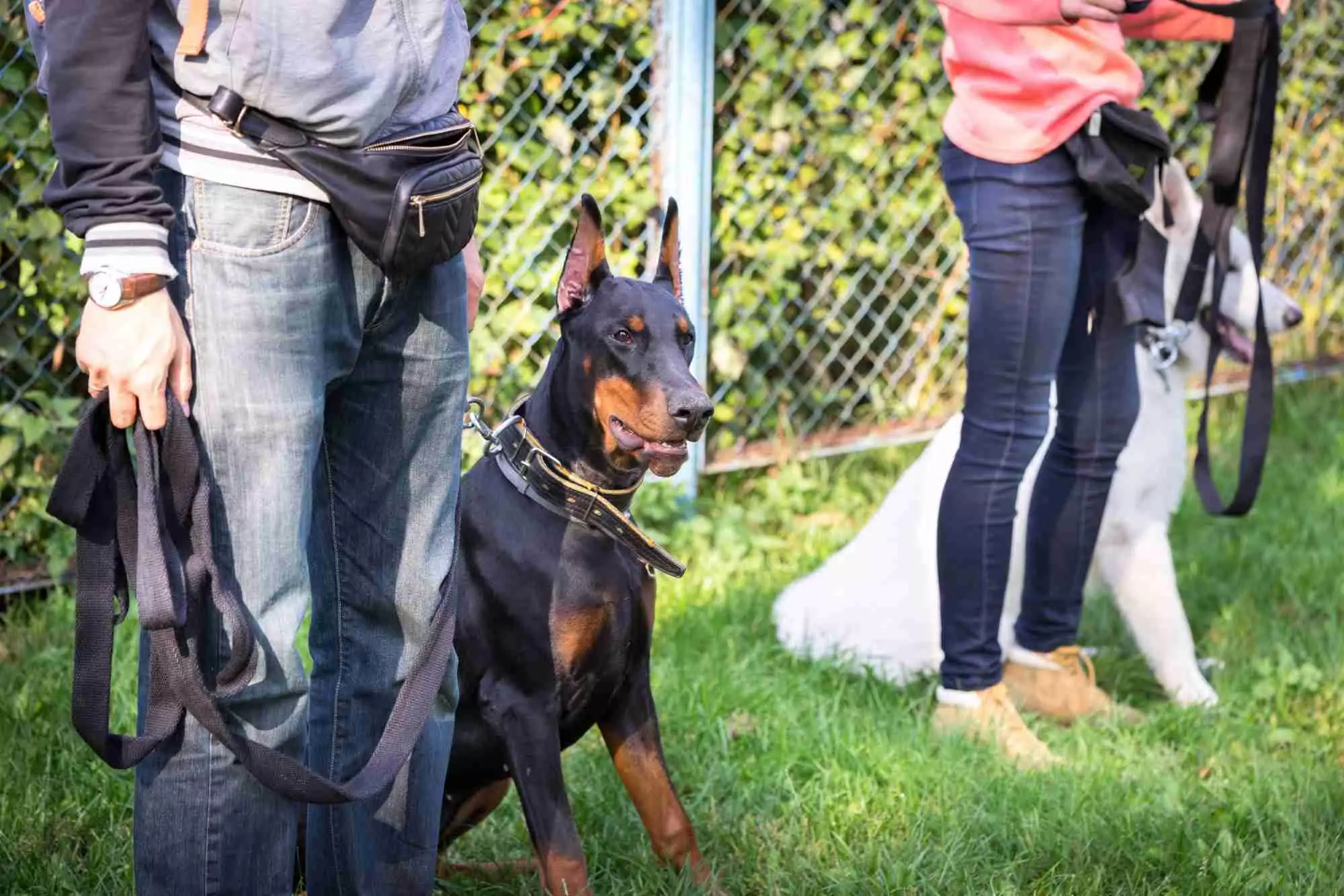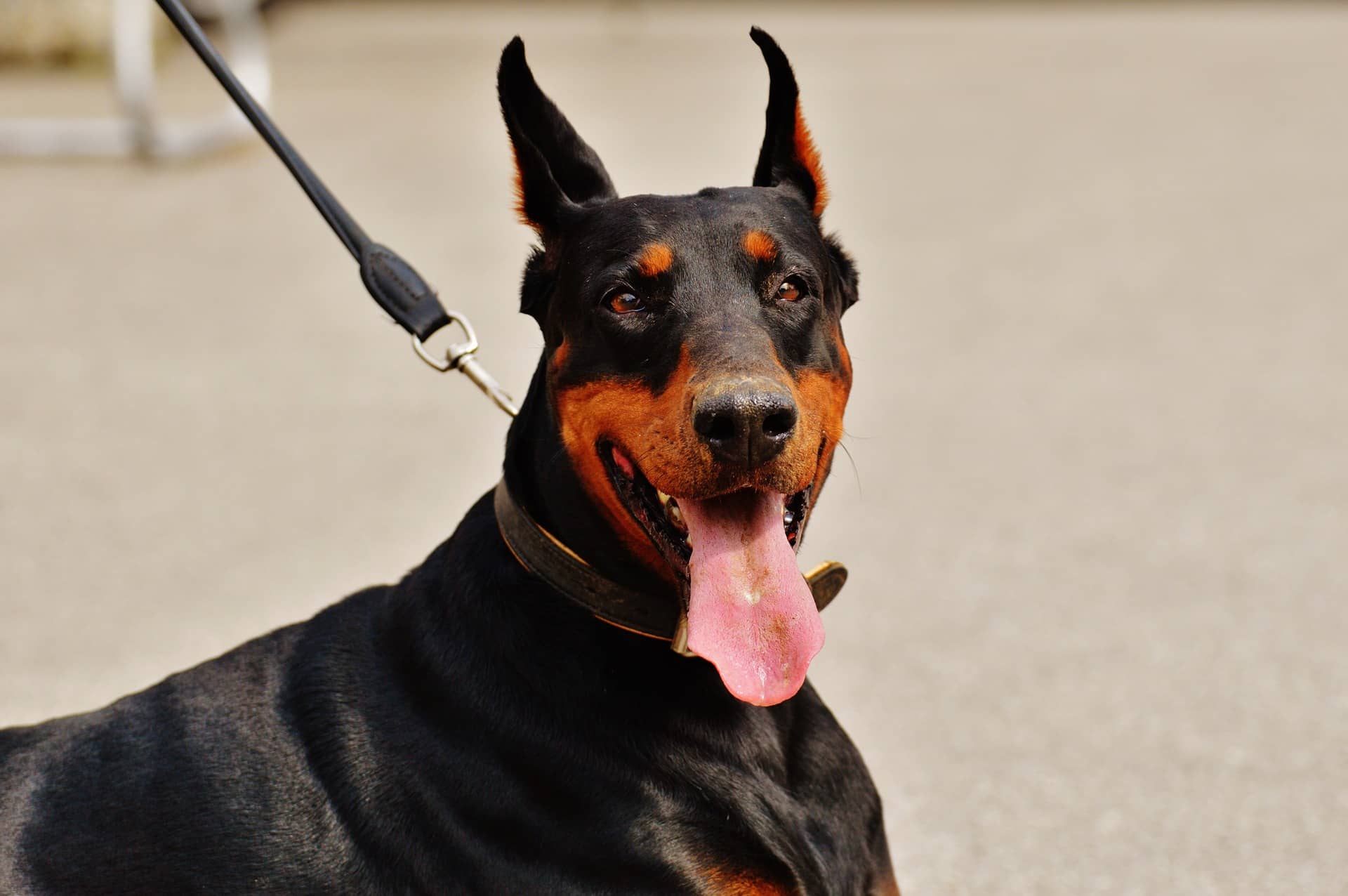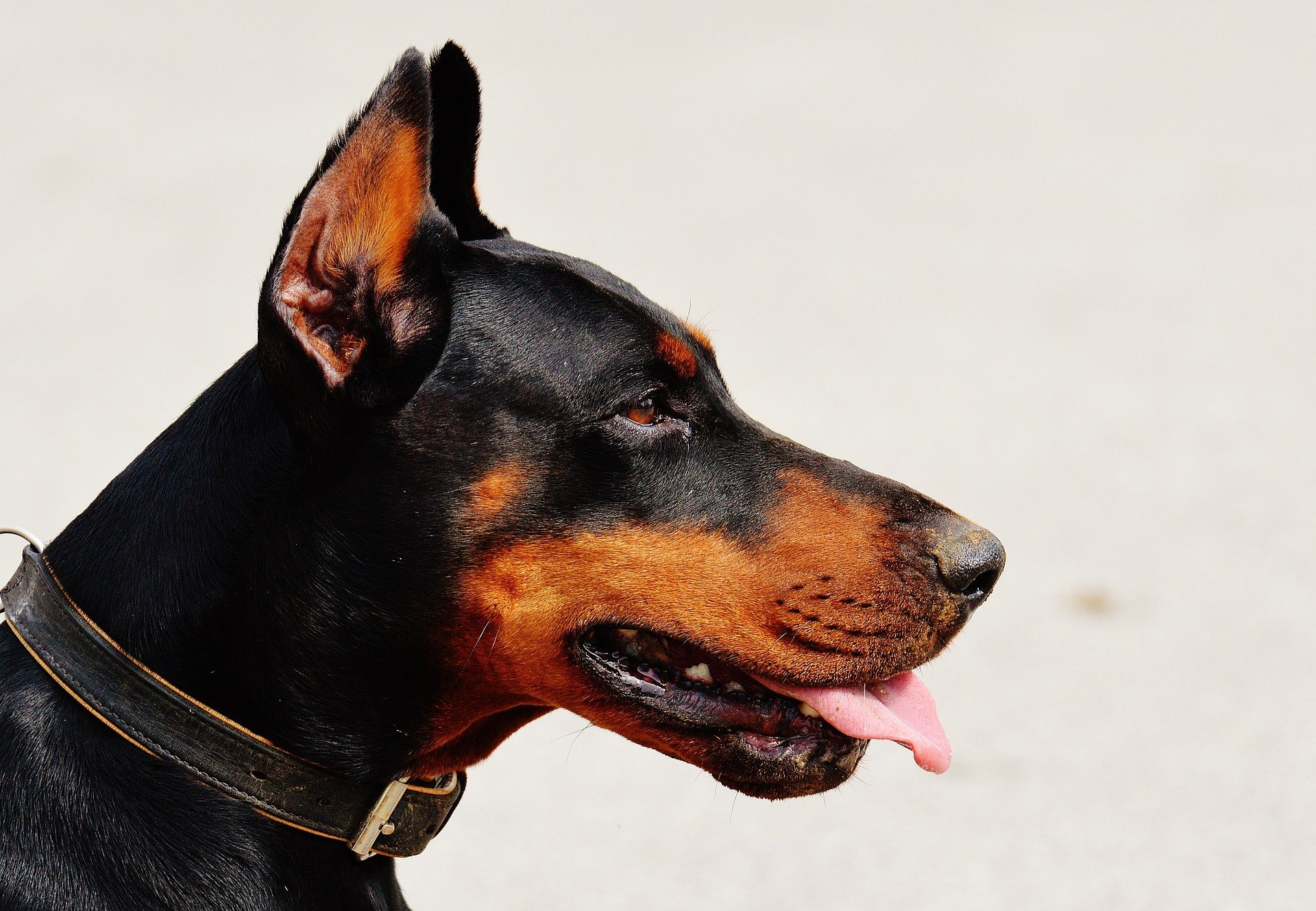Why Doberman Pinschers Excel in Training: A Comprehensive Analysis
Introduction
Doberman Pinschers, renowned for their intelligence, athleticism, and unwavering loyalty, have long been regarded as exceptional canine companions and exceptional candidates for training. This essay aims to delve into the multifaceted complexities of why Doberman Pinschers are ideally suited for training by presenting a comprehensive analysis of their cognitive abilities, behavioral characteristics, and historical lineage.
Cognitive Prowess and Trainability
The Doberman Pinscher's exceptional intelligence is a cornerstone of its trainability. These dogs possess an unmatched ability to grasp complex commands, problem-solve, and adapt to changing situations. Studies have shown that Dobermans rank among the top breeds in canine intelligence tests, with a working intelligence similar to that of German Shepherds (Coren, 2006). This cognitive prowess allows Dobermans to excel in a wide range of training disciplines, including obedience, agility, and tracking.
Furthermore, Dobermans exhibit an innate eagerness to please and a remarkable capacity for focus. They are highly receptive to positive reinforcement and strive to meet the expectations of their handlers. This inherent motivation, coupled with their intelligence, makes them highly trainable dogs that are capable of mastering advanced commands and performing complex tasks.
Behavioral Traits Conducive to Training
Beyond their cognitive abilities, Dobermans also possess a number of behavioral traits that contribute to their exceptional trainability. These include:
Historical Legacy of Training
The Doberman Pinscher's exceptional trainability is not merely a coincidence but the result of careful breeding and selection over many decades. Originally developed in Germany by Karl Friedrich Louis Dobermann in the late 19th century, the breed was specifically bred for its protective and working abilities (Doberman, 2019). As such, Dobermans have a long history of being trained for various purposes, including protection, tracking, and military duties. This extensive training legacy has contributed to the breed's innate trainability and its reputation as an exceptional working dog.
Critical Analysis of Alternative Perspectives
While the vast majority of evidence supports the conclusion that Doberman Pinschers are excellent for training, it is important to acknowledge alternative perspectives on this issue. Some critics argue that Dobermans are too aggressive and independent to be effectively trained. However, this viewpoint is often based on outdated stereotypes or isolated cases. Proper socialization, training, and responsible ownership can mitigate any potential aggression in Dobermans and harness their natural protective instincts for positive purposes.
Additionally, some individuals may question whether training a Doberman Pinscher is ethical given their potential for power and aggression. However, responsible training focuses on positive reinforcement, clear boundaries, and appropriate socialization. It is not about suppressing or manipulating these traits but rather about channeling them into constructive behaviors and ensuring the dog's well-being.
Conclusion
In conclusion, Doberman Pinschers are exceptionally well-suited for training due to their combination of cognitive prowess, behavioral traits, and historical lineage. Their intelligence, eagerness to please, loyalty, and natural protectiveness make them ideal candidates for a wide range of training disciplines. While alternative perspectives exist, the overwhelming body of evidence supports the assertion that Dobermans are excellent training partners when handled responsibly and with respect.
The exceptional trainability of Doberman Pinschers has far-reaching implications. It allows them to excel in roles ranging from protection dogs to therapy animals, demonstrating their adaptability and versatility. By harnessing the inherent capabilities of this breed through training, we can create strong and harmonious relationships with our canine companions and leverage their skills for the benefit of both animals and humans.
Why Pembroke Welsh Corgis Are Great For Therapy And Emotional Support
Do Labrador Retrievers Make Good Guard Dogs? Here’s The Truth
The Playful Side Of Asian Semi-longhair Cats



